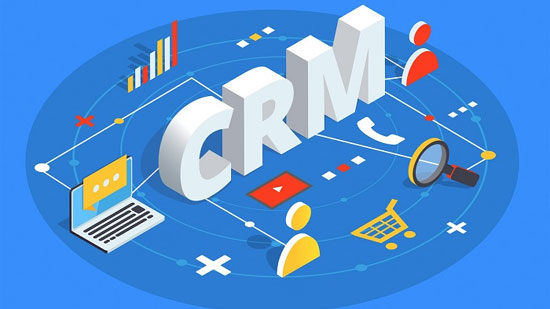 As a business owner, you’ve probably encountered the terms “CRM” or “Customer Relationship Management” in the past. What does this term stand for? Why is it essential for a business’s success and sustainability?
As a business owner, you’ve probably encountered the terms “CRM” or “Customer Relationship Management” in the past. What does this term stand for? Why is it essential for a business’s success and sustainability?
Based on its name alone, Customer Relationship Management is a type of software designed to enhance a company’s relationship with its customers. It is commonly included in most business management suites and programs known today, like NetSuite.
Some might think it is ridiculous and out-of-this-world to depend on software to get to know more about a business’s audience and acquire new customers. In reality, the online world can be ruthless for unsuspecting companies. It takes a single tweet or Facebook post to destroy a business’s hard-earned reputation. In the same manner, it is easy to lose customer trust if enterprises are not keen on what they post or share on their social media pages.
More importantly, businesses should understand that there is a need to follow through with the significant changes and influences in their customers’ lifestyles. Since several individuals are now highly dependent on their mobile devices and the internet, it is the company’s responsibility to find ways to stay connected and relevant, even in the face of their fiercest competitors.
How can CRM software aid businesses in developing and preserving positive relations with their customers and prospective leads?
In a nutshell, CRM software uses emails, contact forms, emails, and even search engines and social media platforms to initiate communication between businesses and customers. Using the responses and exchanges in the networks mentioned above, companies can monitor customer feedback on their products and services. The software collects these data and rearranges it to create analytical reports highlighting customer pain points and expectations.
The other functions of Customer Relationship Management software include:
- Automating sales and marketing pitches for the company -particularly those carried out through social media
- Organising customer and lead information based on demographics, such as age, location, gender, and preferences related to the product
- Customising marketing strategies for each customer demographic to increase brand awareness and interest
- Evaluating and interpreting customer survey responses, satisfaction rates, and engagement
- Generating leads and potential customers through the company’s website and social media pages
- Maximising customer relation workforce for startups and small businesses with limited resources
- You can make your CRM more advanced and smart by integrating AI technology and machine learning consulting with marketing automation and CRM experts.
With the help of CRM software, businesses can pinpoint where the company is lacking in meeting customer expectations and delivering excellent service. It bridges gaps they may have with existing clients by providing a concrete representation of how customers feel about the products and services they offer.
By encouraging customers to voice their concerns and queries through filling out forms or sending direct messages, CRM becomes instrumental in empowering a business’s audience.
Internally, CRM software requires constant collaboration among the business’s departments or teams. For instance, all customer responses received by the company’s helpdesk must be forwarded to the departments and supervisors concerned. As a result, devising solutions for client concerns is more unified and regulated.
Business management suites, such as NetSuite, offer CRM solutions that support mobile accessibility, eCommerce integration, and relationship management solutions for both customers and business partners.
In other words, the inclusion of CRM software – whether used individually or as part of a business management solution – is both timely and cost-efficient for all types of businesses.




